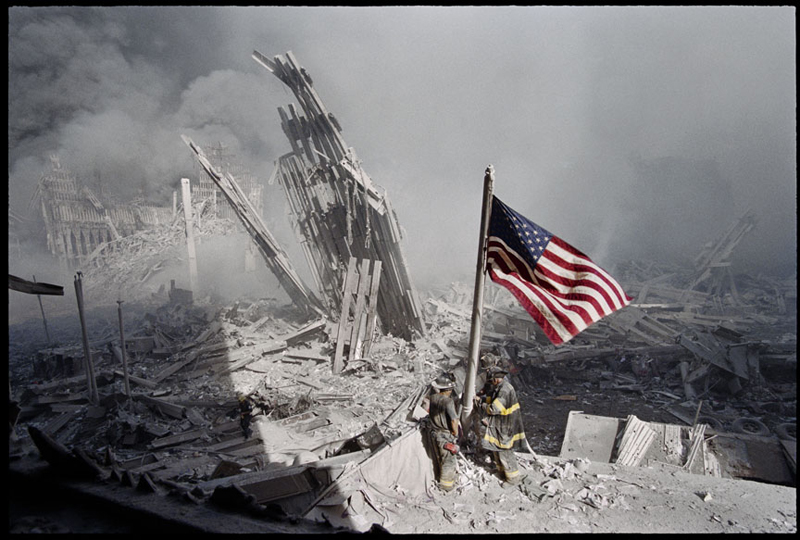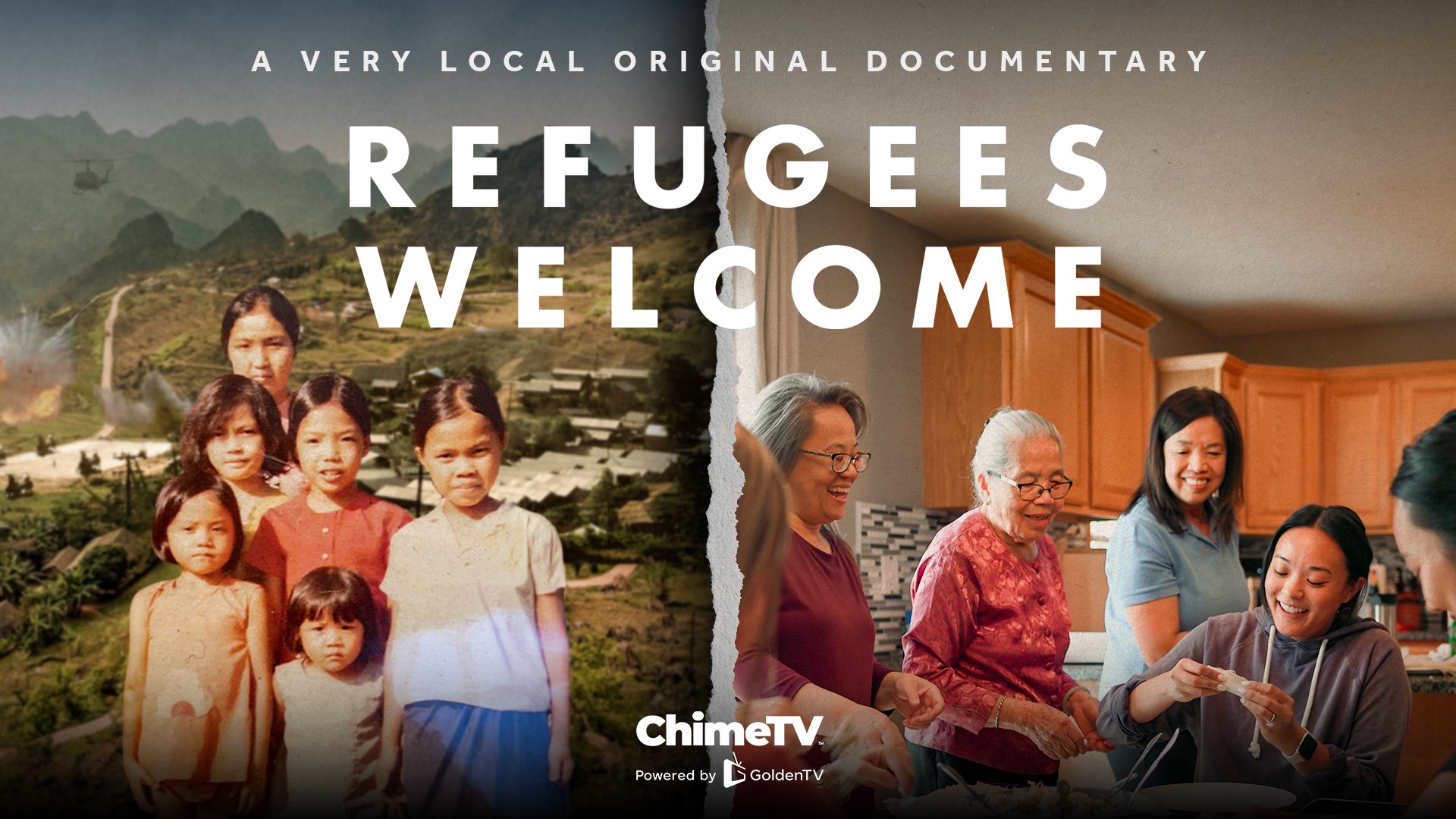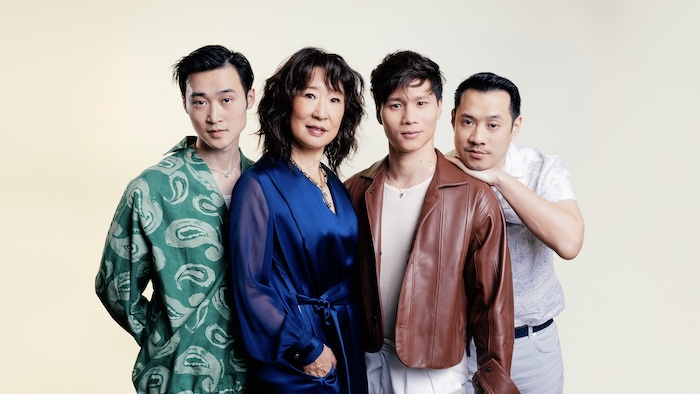by Aruna Lee of New America Media
“Ten years is an epoch, but our hearts remain as black as charcoal,” a teary-eyed Sung-soon Kang said as she recalled the tragic events of 9/11 and the death of her only son. The 70-year-old and her husband, Pil-soon, 73, added that September is a particularly difficult month for them.
Jun-koo Kang had a fever on Sept. 11, 2001, his mother told the Korean-language Korea Daily in New York, which profiled the pair as part of the paper’s reporting on the upcoming 10-year anniversary of 9/11. “But he went to work anyway, because of his strong work ethic. I wish I could have stopped him.”
Instead, the 34-year-old Kang became one of 21 Koreans killed in the attacks on the World Trade Center, which claimed upwards of 3,000 lives. His death forms part of a larger narrative of loss and change that has permanently altered the Korean community in New York, with continued challenges lingering amid signs of hope.
Paul Park, director of the Korean-American Association of Greater New York, noted in an interview with New America Media, “Ten years is a short time for those trying to recover from the pain.” He said that a number of Korean community members still suffer from depression and other afflictions, but that because of language and the cultural stigma attached to mental health issues, many either cannot find or are unwilling to seek treatment.
In-Ok Kim, a supervisor at the Hamilton Madison House in lower Manhattan, agreed. Her organization, which provides community and health services to residents in and around Chinatown, saw a number of Koreans coming in seeking advice on where to receive counseling in the two years after the attacks. “But when federal funding from FEMA [the Federal Emergency Management Agency] dried up, they stopped showing up,” she said.
For the Kangs, faith and community provided much-needed solace. “I’ll never forget until the day I die,” said Sung-soon Kang. “My son left behind two daughters and a wife—the oldest one is now 14 and the younger one is 12.” She and her husband would meet regularly with other Korean families directly impacted by the attacks, she said, adding that these meetings helped take the edge off the pain. “But many of them have since left the city… we haven’t seen them in a few years.”
For the parents of Andrew Kim, then a 26-year-old banking analyst with a promising future, the loss of their son drove them to reach out beyond their community.
“I miss him more and more as the years pass,” Kim’s father, Pyung-gyum, told the Korea Daily, which also reported that the city of Leonia, New Jersey, where Kim was born, recently dedicated a street after him, calling it the Andrew Kim Memorial Way. Kim’s father, meanwhile, established a scholarship in his son’s name. “My son died while in the flower of his youth, and it is my hope that through this scholarship others will be able to realize the dreams that were taken from Andrew.”
This article was originally published by New America Media on Sept. 5, 2011. Reprinted with permission.
[ad#bottomad]







